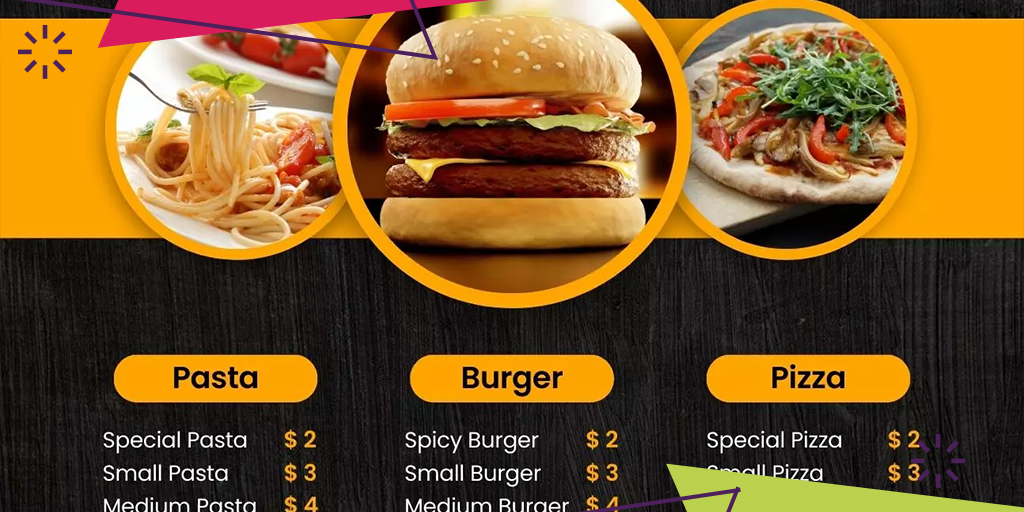Why Your Restaurant Needs POS Integration
If you’re a restaurant owner, you probably have some repeat guests who regularly spend a good deal of money at your restaurant. Such information you may have come across through mere observation, but other valuable information may go unnoticed if there is no POS integration.
What is POS?
A point-of-sale system, or POS, is the place where customers make payments for products or services at your business. POS software isn’t limited to credit card payment transactions. It also tracks sales and inventory, adjusts prices, and gives sales reports.
What is POS integration?
Technology isn’t new when it comes to restaurant management. Think reservations, online ordering, stock management, loyalty programs, etc., all are aspects of restaurant digitization. But if you want to know a customer really well, the answer is data integration. In other words, instead of having a POS data system and a reservation management system run separately, why not integrate both and have a wider picture of what is going on in your restaurant. Hence, POS integration.
How do POS and reservation management systems complement each other?
A POS system would typically be used to monitor restaurant revenue and evaluate its menu based on sales and profit. One drawback of POS systems is their using tickets instead of data. This is overcome by POS integration with a reservation management system. Once POS integration takes place, you get insights into guest and server monthly revenue as well as average guest monthly spends, trends, lifetime value, and spend per reservation.
How does POS integration work?
Typically, data flows from the POS terminals to a centralized POS server, then to a cloud-based data warehouse – through custom integration software-, and finally to the system where the data is being shared.
For help with custom POS integration, check out the various package features offered by Taker
What are the 3 top pros of POS integration?
The greatest three benefits of integrating POS and reservation management systems are as follows:
1. Customized service
POS integration helps you identify VIP guests as the system spots high spenders as per revenue as opposed to the number of visits. Knowing your VIPs means knowing your strongest supporters and, thus, your brand ambassadors. When you offer your VIPs complimentary dishes or discounts, you easily get them to spread the good word around your restaurant.
2. Segmented marketing strategies
Thanks to POS integration, you can tweak your marketing strategies based on ‘guest’ segmentation. For instance, you may come up with new ideas for targeted messaging based on birthdays, food preferences (e.g., allergen-free or vegetarian), preferred dining days and times, and many more.
Even if a VIP guest hasn’t been to your restaurant for some time, you can win them back with a customized win-back offer based on their favorite dish.
3. Improved customer service
A dissatisfied customer may voice their opinion through a negative review which is something you may want to prevent from happening. As you reach out to them, and as you understand their complaint, POS integration shall add more context to the situation and help you handle it as best you can.
For more information on choosing a POS system for your restaurant, click here






